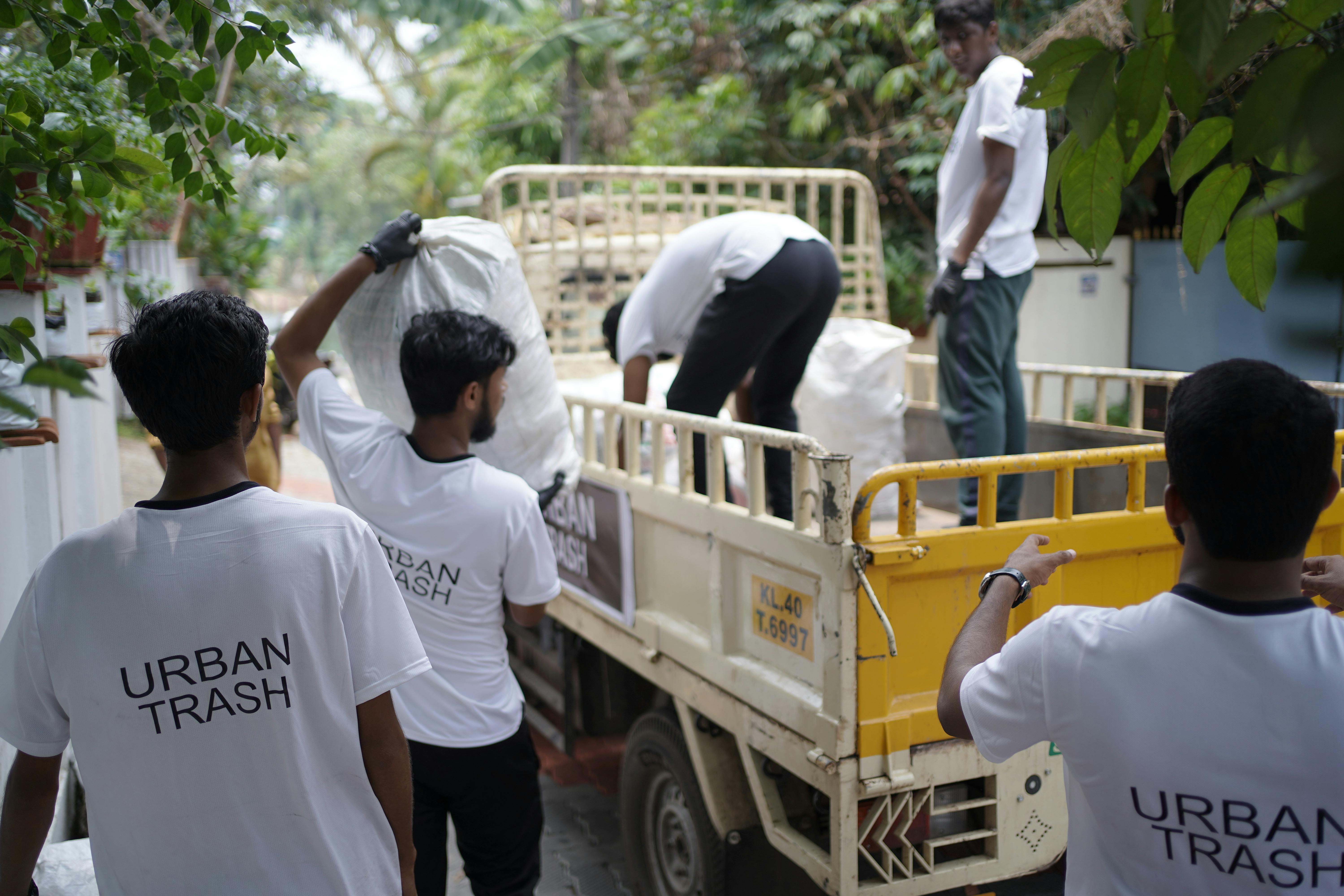 MINIMUM
MINIMUM
Introduction
When it comes to managing waste, there are a few important factors to consider. Not all waste management solutions are created equal, and it’s important to select the one that best suits your needs. In this blog post, we’ll provide a comprehensive overview of what to consider when selecting a waste management solution. We’ll go over the different types of waste management solutions, what you need to know before selecting one, and how to choose the best one for you.
Types of Waste Management Solutions
1. Recycling and Reuse
When it comes to managing waste, recycling and reuse are the two most popular solutions. Recycling is the process of collecting and processing discarded materials for reuse in new products. Reuse involves finding new uses for discarded materials, such as turning them into furniture or art. By reducing the amount of waste sent to landfills, these solutions help to reduce greenhouse gas emissions and preserve natural resources.
2. Composting
Composting is the process of breaking down organic material, such as food scraps and yard waste, into nutrient-rich soil. By composting, you not only reduce the amount of waste sent to landfills, but you also help to enrich your soil and improve your garden’s health.
3. Waste-to-Energy
Waste-to-energy (WTE) is a process in which non-recyclable waste is burned to generate electricity and heat. This is a practical way to dispose of non-recyclable waste and generate a sustainable form of energy.
4. Landfills
Landfills are the most common form of waste management. They are large, specially designed sites for the disposal of non-recyclable waste. Landfills are the least sustainable form of waste management, as the waste is buried and left to decompose over time.
What You Need to Know Before Selecting a Waste Management Solution
When selecting a waste management solution, there are a few key factors to consider.
1. Cost
The cost of a waste management solution will vary depending on the type of solution, the size of the area being serviced, and the degree of service provided. Be sure to do your research and compare the costs of different solutions before making a decision.
2. Type of Waste
The type of waste you are trying to manage will determine the type of solution you need. For example, if you are dealing with organic waste, composting may be the best option. On the other hand, if you are dealing with non-recyclable waste, a landfill or WTE plant may be the best option.
3. Volume of Waste
The volume of waste you are dealing with will also determine the type of solution you need. Be sure to factor this into your decision, as some solutions may not be able to handle large amounts of waste.
4. Location
The location of the waste management solution is another key factor to consider. Some solutions may not be available in all areas. Additionally, some solutions may be more expensive in certain locations due to additional costs associated with transporting the waste.
5. Environmental Impact
When selecting a waste management solution, it’s important to consider the environmental impact of the solution. Some solutions, such as composting, have a low environmental impact, while others, such as landfills, can have a negative impact on the environment. Be sure to research the environmental impact of each solution before making a decision.
How to Choose the Best Waste Management Solution
Now that you know what to consider when selecting a waste management solution, here are some tips for choosing the best one for you.
1. Assess Your Needs
The first step in selecting a waste management solution is to assess your needs. What type of waste are you dealing with? How much waste do you need to manage? What resources do you have available? Answering these questions will help you narrow down your options and select the best solution for your needs.
2. Compare Solutions
Once you’ve assessed your needs, it’s time to compare the different solutions. Consider the cost, type of waste, volume of waste, location, and environmental impact of each solution. Make sure to research each solution thoroughly and compare them side-by-side. This will help you make the best decision for your needs.
3. Choose the Right Equipment
The final step in selecting the best waste management solution is to choose the right equipment. Depending on the type of solution you select, you may need to invest in additional equipment, such as recycling bins or composting bins. Make sure to research the equipment you need and select the best option for your needs.
Conclusion
In conclusion, selecting the right waste management solution can be daunting, but with a little research and careful consideration, you can choose the best solution for your needs. By following the tips in this blog post, you can make sure to select a solution that is cost-effective, environmentally friendly, and tailored to your waste management needs.
Midland Toilet Hire are experts in this field and can provide you with the best solution for your needs. Our team of professionals can provide you with the advice and guidance you need to make the right decision. Contact us today for more information.
